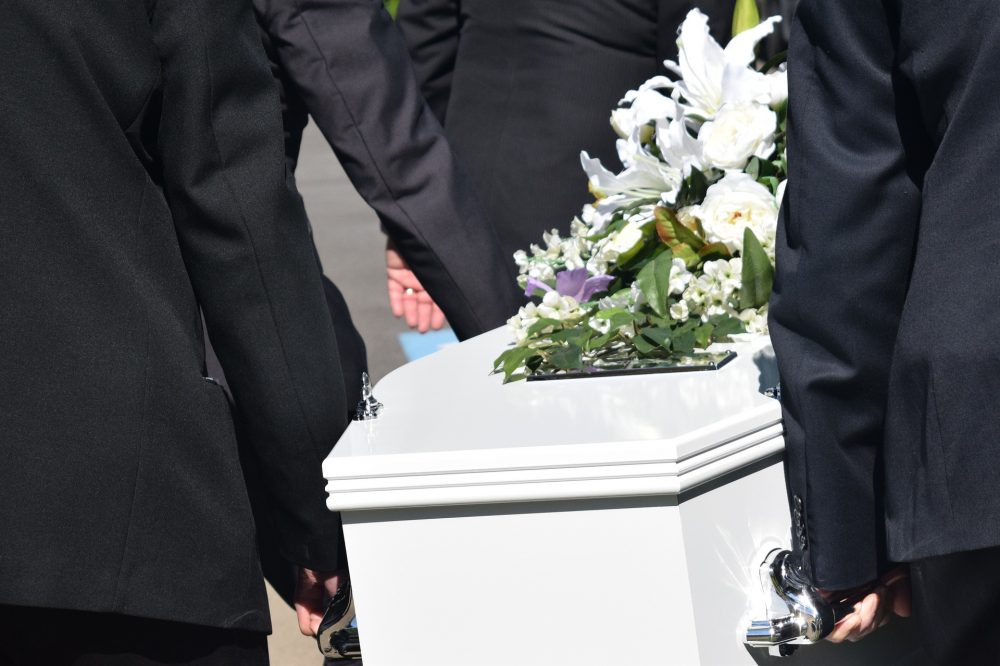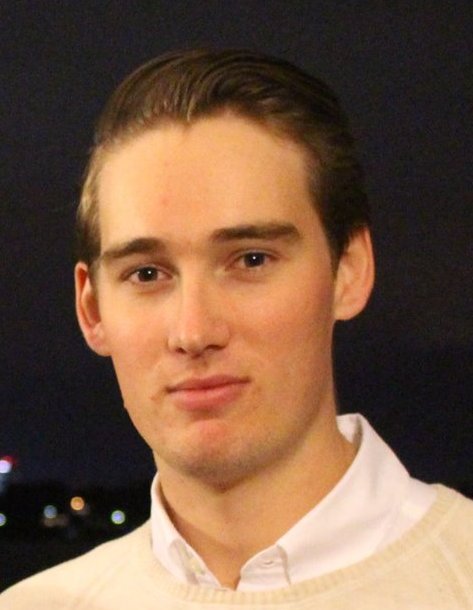The UK’s Chief Coroner, Judge Mark Lucraft QC, has described the controversial approach to burials adopted by one of his senior officers as “not capable of rational justification” and “not lawful”.
The so-called ‘cab rank’ protocol – a first come, first served approach, in which no death is prioritised over any other on religious grounds – was announced by the Senior Coroner for inner North London, Mary Hassell, following a dispute over the death of an Orthodox Jewish man last October.
The move has sparked anger from Jewish and Muslim communities, whose faiths require speedy burials, with Jewish burial service Adath Yisroel Burial Society (AYBS) saying, “many of her imposed rules, bureaucracy, inflexibility and unnecessary delays offend traditional and/or religious practices”. The AYBS has been granted permission to bring a judicial review (a type of legal claim), which seeks to challenge the lawfulness of the protocol.
‘In breach of the Human Rights Act’
 Image credit: Unsplash.com.
Image credit: Unsplash.com.
The Chief Coroner has joined the case as an interested party and, in a recent court document, has condemned the policy as being “over-rigid” and in breach of the Human Rights Act. He said:
The interest of a Jewish or Muslim person in having a close relative buried on the day of death or as soon as possible thereafter qualifies as a right protected by Article 9 [of the Human Rights Convention]. Early burial is a manifestation of religious belief.
Article 9 of the Human Rights Convention protects the right to freedom of thought, conscience and religion. This includes the right to manifest one’s beliefs – for example, by observing the practice of same-day burial. This is a ‘qualified right’ however, meaning that it may be restricted in certain circumstances (such as to protect public safety and order, and the rights and freedoms of others).
Prime Minister Theresa May has said that religious beliefs ought to be taken into account, “especially when [families have] lost a loved one and they are grieving”. Labour leader Jeremy Corbyn has called on the coroner to reconsider her policy.
A Matter of Fairness?
 Image credit: Unsplash.com.
Image credit: Unsplash.com.
Hassell has defended her approach as being the “fairest way”, and said:
My approach reflects my best attempt to consider the rights of all those who are in my jurisdiction.
However, it is, for the moment at least, unclear how she specifically intends to defend her policy before the court.
The court hearing in the case will take place on 27 and 28 March.







